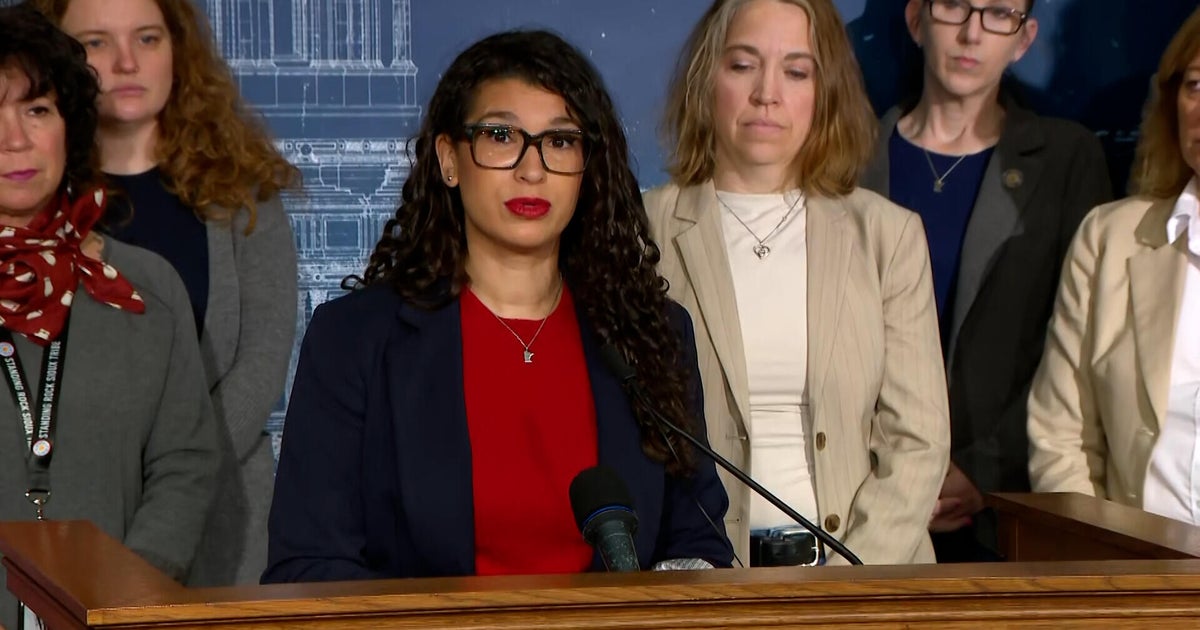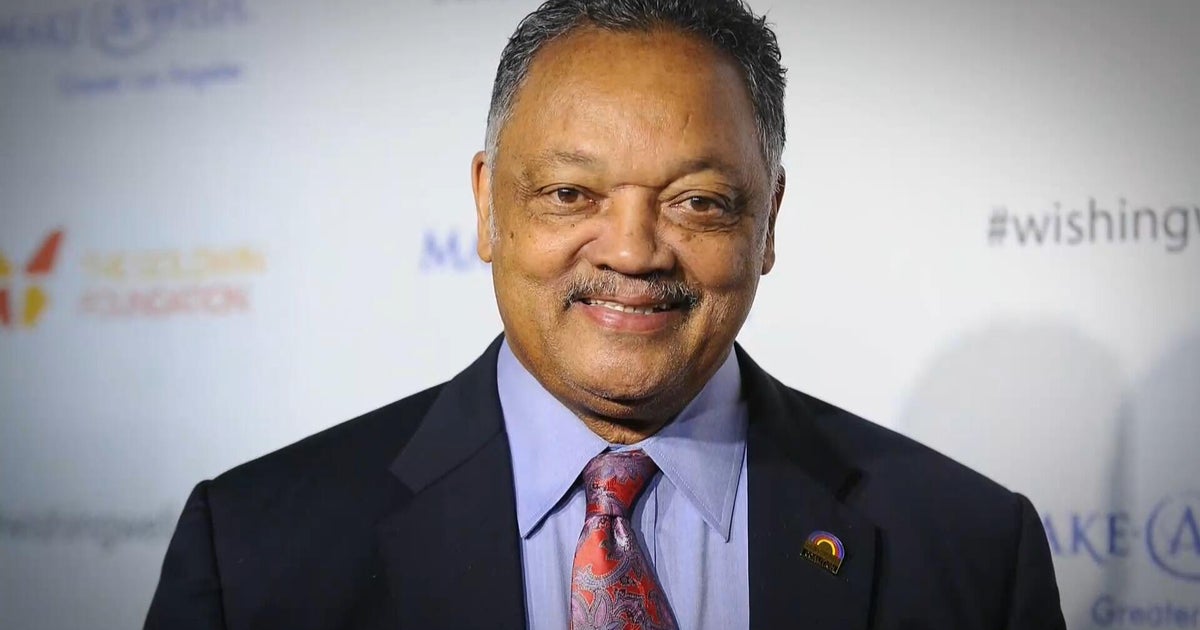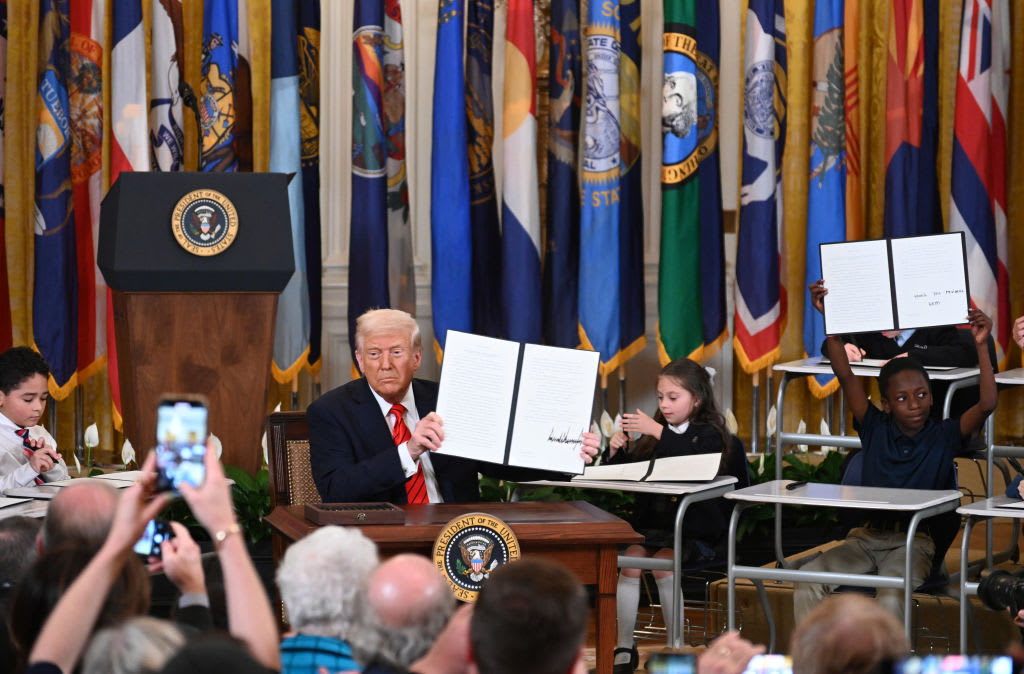Transcript: Chicago Fed's Charles Evans on "Face the Nation," August 9, 2020
The following is a transcript of an interview with Charles Evans, the president and CEO of the Federal Reserve Bank of Chicago, that aired Sunday, August 9, 2020, on "Face the Nation."
MARGARET BRENNAN: Joining us now is the president and CEO of the Federal Reserve Bank of Chicago, Charles Evans. Good morning to you.
PRESIDENT OF THE FEDERAL RESERVE BANK OF CHICAGO CHARLES EVANS: Good morning, MARGARET.
MARGARET BRENNAN: It looks like talks have completely stalled on Capitol Hill. There is no emergency aid package on its way to the American people. What is the impact of this failure on the economy?
EVANS: Well, I think that's a very important and unfortunate development. I would say that fiscal policy has been unbelievably important in supporting the economy during the downturn that we've been experiencing. The economy closed down in March and April and fiscal policy swung into action very quickly with the CARES Act. And that's helped ensure that people could stay at home, be safe, pay their rent, increase food security, all kinds of things for vulnerable populations. And now that continues to be important because we've not got control over the virus spread. I think that public confidence is really important and another support package is really incredibly important.
MARGARET BRENNAN: Yeah, you've said it's not the job of central bankers like yourself. It's up to fiscal policy, the lawmakers. So even with what the president has announced and the questions around the legality and practicality of it, does this basically mean we should just assume there are going to be significant cutbacks in the middle of a recession? And what does that mean for increases in job losses?
EVANS: You know, so if you look at the economic outlook, there are some negative scenarios and the ones that are most pessimistic involve not supporting state and local governments. I think you heard the Connecticut governor say that if he has to put 25% support against the president's executive order support for unemployment insurance, then that's going to cut back on other things. States have to balance their budgets. They are experiencing reduced tax revenues. And so there will be employment reductions. State and local governments account for about 10% of employment in the United States. And so that's really another leg down, I think. Paycheck protection has been very useful. Extending that to small businesses also would be very helpful. You know, in Chicago, we've had some panels. We've talked to people in neighborhoods, middle income, minority neighborhoods. And according to- to- to Stacie Young, the Preservation Compact, she's indicated that unemployment insurance has really helped low income workers pay their rent. They've been able to- in those neighborhoods, small businesses or landlords, and so that keeps the money in the neighborhoods and provides better food security. I think that Scott Gottlieb just mentioned, it also spills over to rural and exurb areas, too, --
MARGARET BRENNAN: Yeah.
EVANS: --because they're also hard hit. So it's, you know, widespread support could be very beneficial.
MARGARET BRENNAN: So the official unemployment rate is at 10%. What do you think the actual is and where do you think it's headed, given what you just laid out?
EVANS: Undoubtedly, you know, it is somewhat higher. It doesn't capture all the people who'd really like to work and somehow don't fill out the surveys right. I think there's a percentage point discrepancy. I think it also- there's a huge amount of inequality it's- it's experienced according to different racial groups. And so Black unemployment is over 14%. Hispanic unemployment is over 12%. White unemployment is 9%. So that inequality gap has persisted. And I think that providing more support, the Fed has been providing accommodation, I think if we got the kind of support that we needed as quickly as possible, got control of the virus, perhaps all the people who were sent home to stay safe could be brought back by their- by their previous employers. We are down 12.9 million jobs since February. If more- most of those could go back, we could enjoy low unemployment like we experienced at the end of 2019.
MARGARET BRENNAN: To that point, your colleague in Minneapolis, Neel Kashkari, was on this program last week, and he called for a month or six week shutdown to get the kind of contact tracing in place to do what the Northeast has been able to do. Do you agree that is what- is what is needed?
EVANS: You know, I think a very strong program like that would have the opportunity to get on top of the virus, but it would come at quite a lot of hardship for small businesses. It would require tremendous fiscal support. If the, you know, national US government were willing to do that, I think we could knock down the virus, spread the way that Scott Gottlieb and others have said is so essential. What we need is public confidence so that people feel good about going back to work. They feel safe. They can go out to retail establishments and enjoy leisure and hospitality and activities, put more people back to work. So while that could work, I'm not optimistic that that would be actually adopted. So I think that resources for testing, tracing, isolating people, trying to get control of the virus so that we can get it down and then go back to enjoy the type of activities that in Germany they're experiencing and in Asia.
MARGARET BRENNAN: Yeah. Thank you very much, Mr. Evans, for laying out for us what you're seeing out there. We will be right back.



